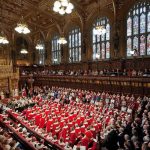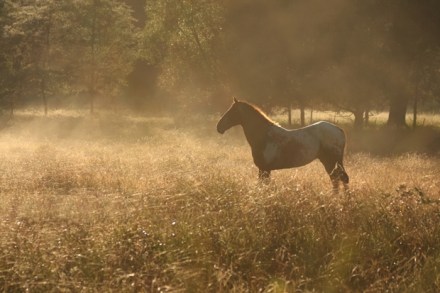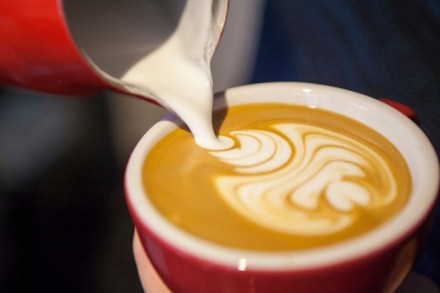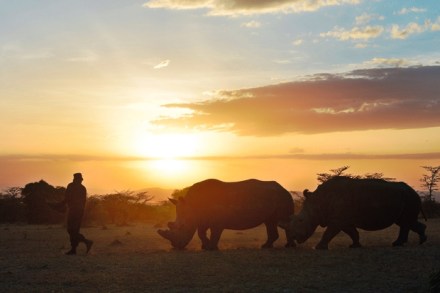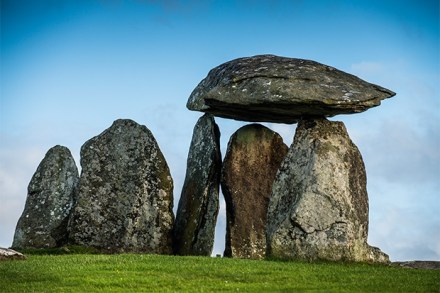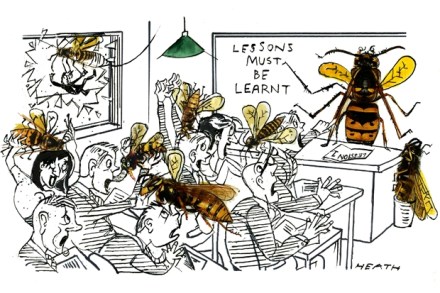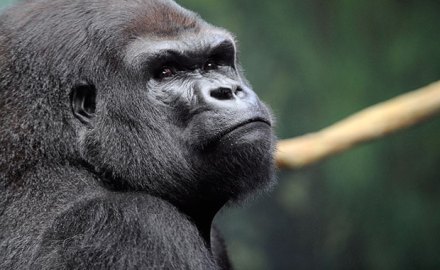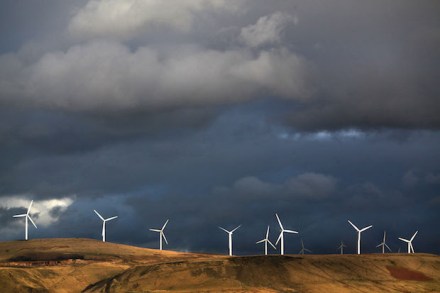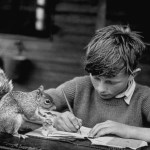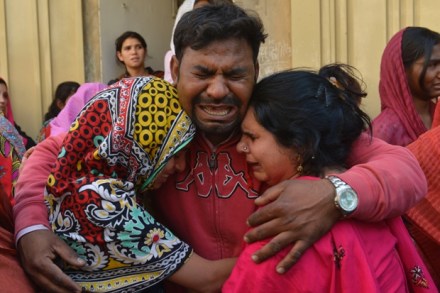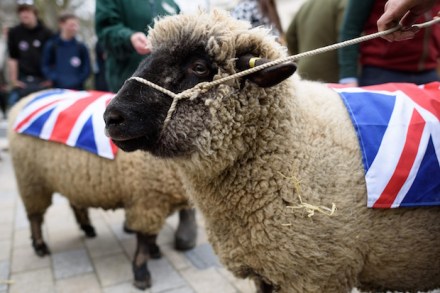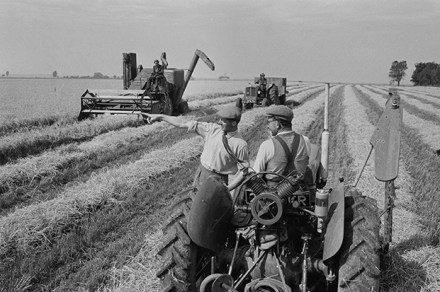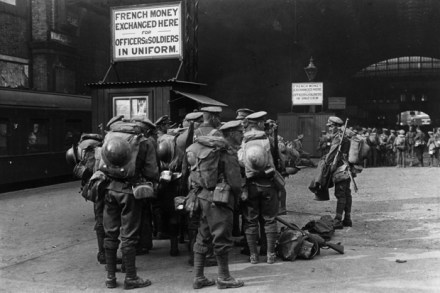British food and drink exporters defy the doom-mongers
Many farmers, asserted the Earl of Sandwich in a Lords debate last July, were now experiencing ‘regrexit’ – having voted to leave the EU they were now realising that the £3.2 billion worth of subsidies they had received from the EU in 2013 were now under threat. Or were they? Whether any farmers really did suffer from pangs of regret last July, they will since have grasped that whatever happens to agricultural subsidies post-Brexit they might actually do rather well – not from collecting handouts but by growing food and selling it. Today, the Food and Drink Federation published its latest statistics on food exports. In common with so many economic figures



